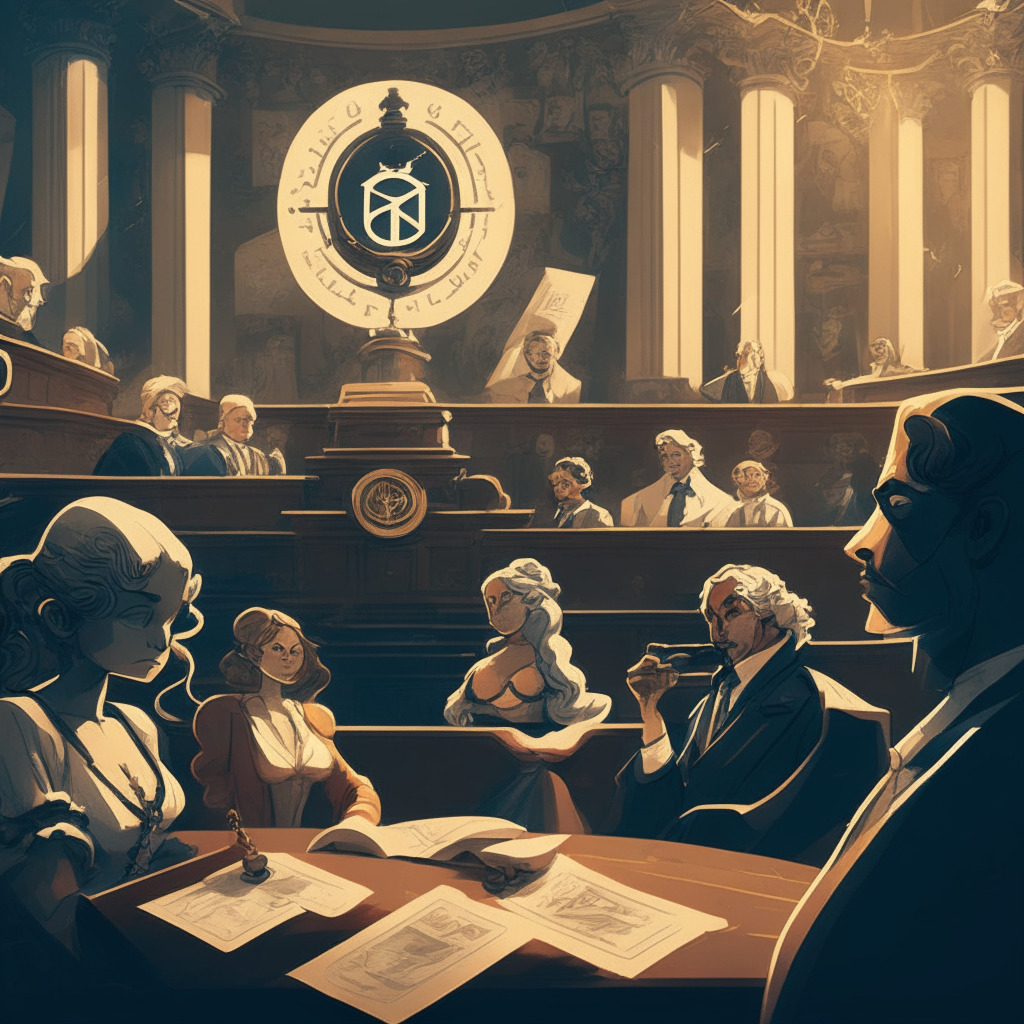Decentralized finance, often termed as DeFi, mostly weaves itself around the concepts of transparency, freedom from centralized authorities, and breaking the traditional barriers of financial systems. Decentralized exchanges (Uniswap) for trading cryptos stand as bright examples in this respect. They have opened new doors for traders, allowing individuals to trade directly with their counterparts, eliminating middlemen, and enabling faster transactions.
However, when we nourish this freedom, we sometimes turn a blind eye to the other side of the coin. The lack of regulatory oversight in decentralized platforms leaves the very essence of safety hanging in balance. We respect privacy, but crossing over the lines to make transactions completely anonymous creates an open invitation for unlawful activities.
This blends both the beauty and the beast of DeFi. It offers a broad range of financial services, opportunities for passive income, and higher levels of privacy. Yet, it equally carries the potential burden of risks. In scenarios where users have lost access to their funds due to wrong transactions or lost keys, who is to be held accountable?
The brilliance of blockchain technology in maintaining integrity and preserving transaction details is commendable. But the question that looms large is, “Are we, as a society, ready to fully trade off regulations and controls for complete freedom?” Can we handle the autonomous, decentralized world of DeFi responsibly without compromising safety and integrity?
For instance, decentralized stablecoins (DAI) are pegged to traditional currencies to maintain their value. Yet, the absence of a central authority can make these stablecoins volatile, threatening the confidence of investors. Similarly, decentralized lending platforms promise high returns and easy loans. But can they withstand economic downturns without robust regulations?
As we watch DeFi unfold, its growth continues to amaze. But it’s equally essential to comprehend that every growth comes with its own set of hurdles and implications. The evolution from traditional finance to DeFi needs vigilance, user education, and probably, a fair share of skepticism as we step into unchartered territories.
While the lure of enormous profits and financial freedom is hard to resist, discernment and skepticism should walk hand-in-hand. Remember, with great power, comes great responsibility. We are empowering ourselves with the wisdom of blockchain and DeFi. But the real challenge lies in weighing the freedom that these platforms offer against the potential risks that they carry.
Source: Coindesk




